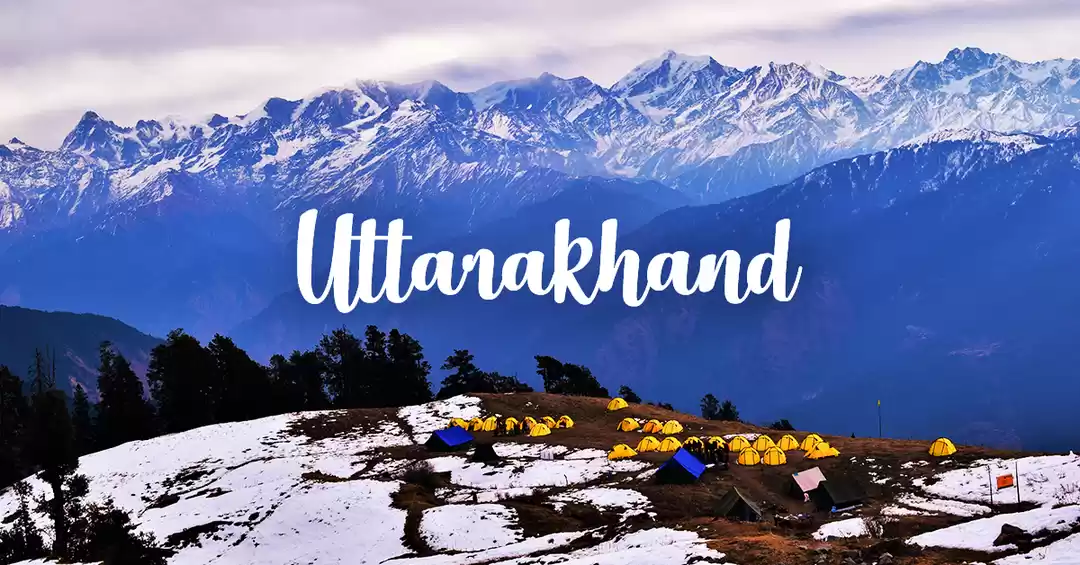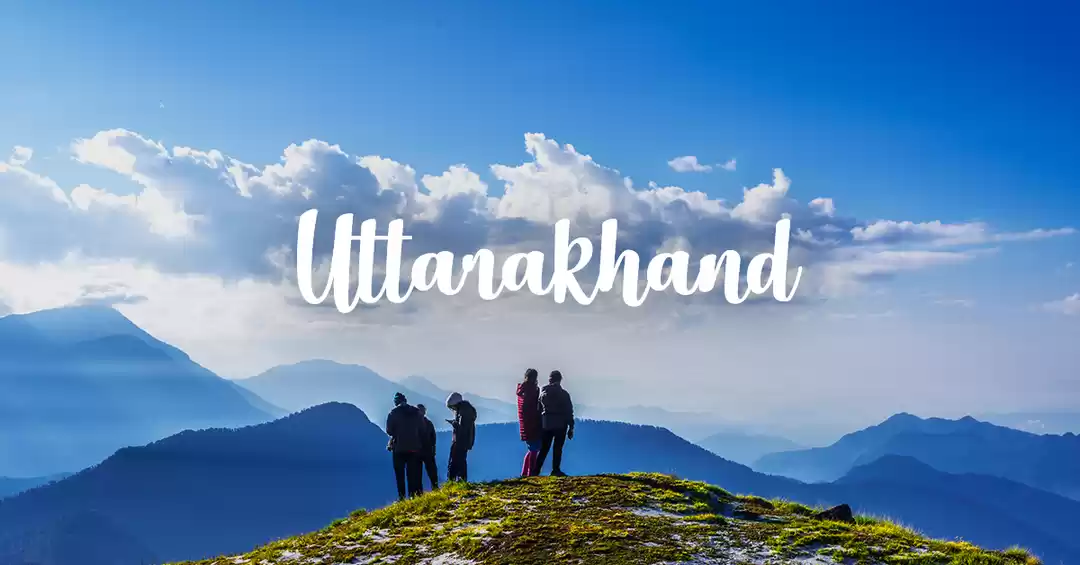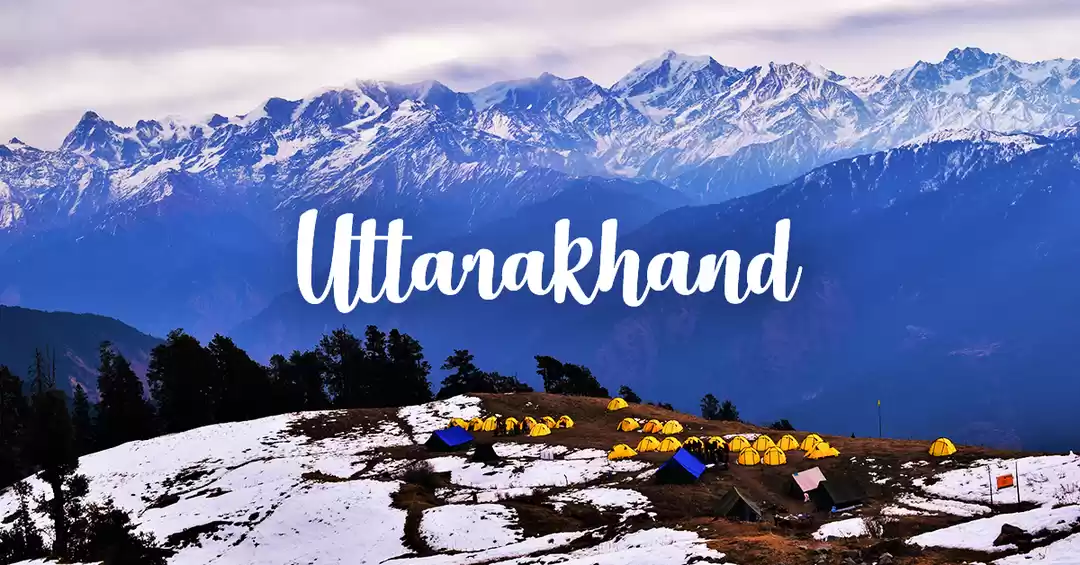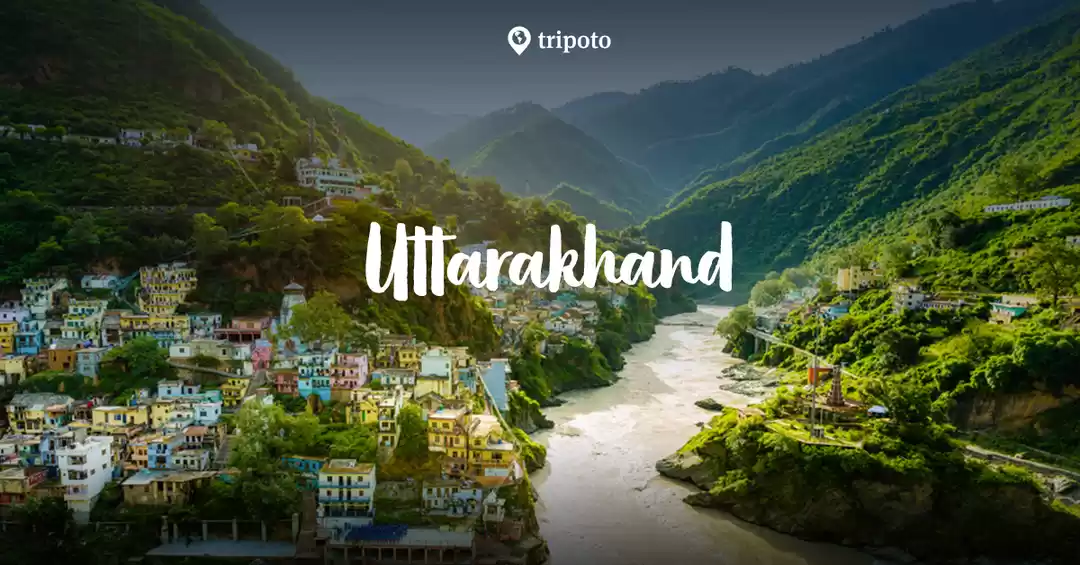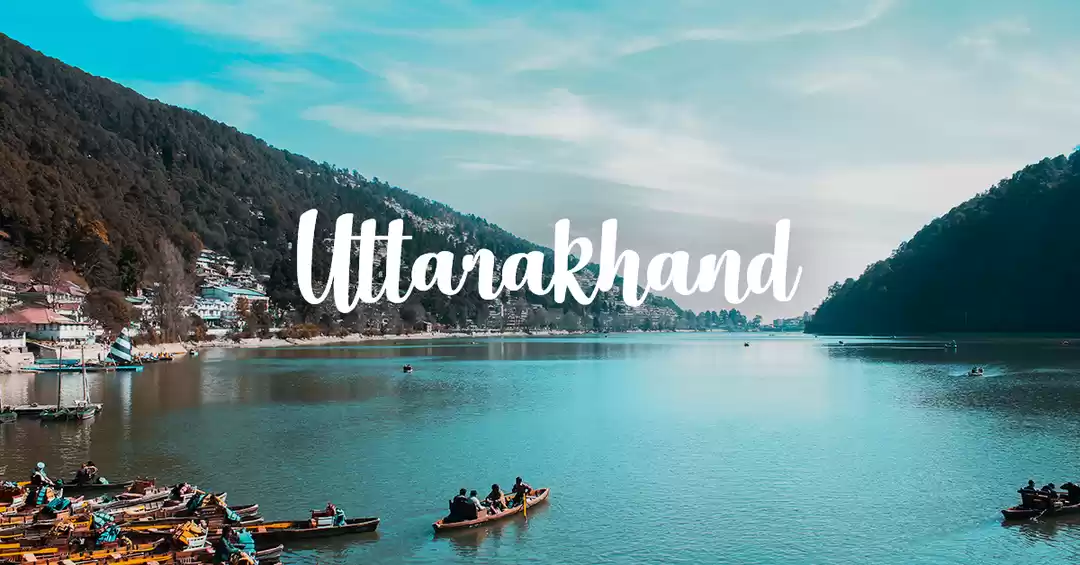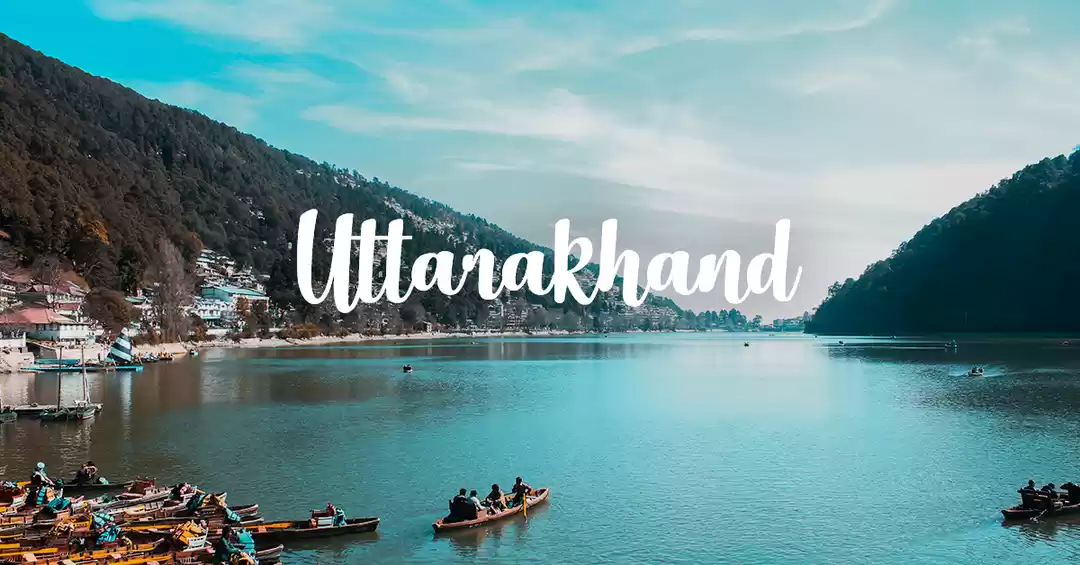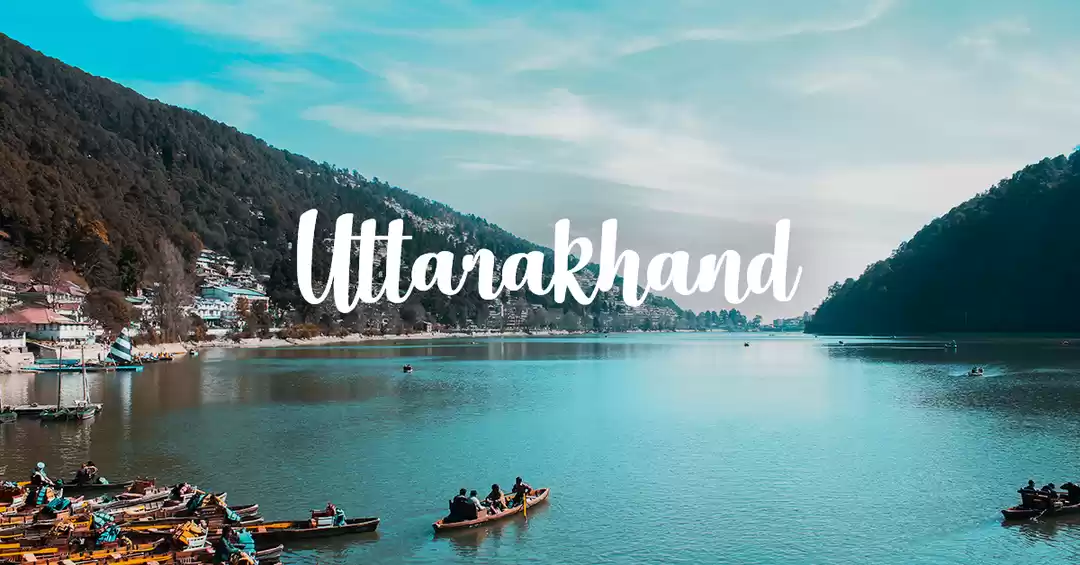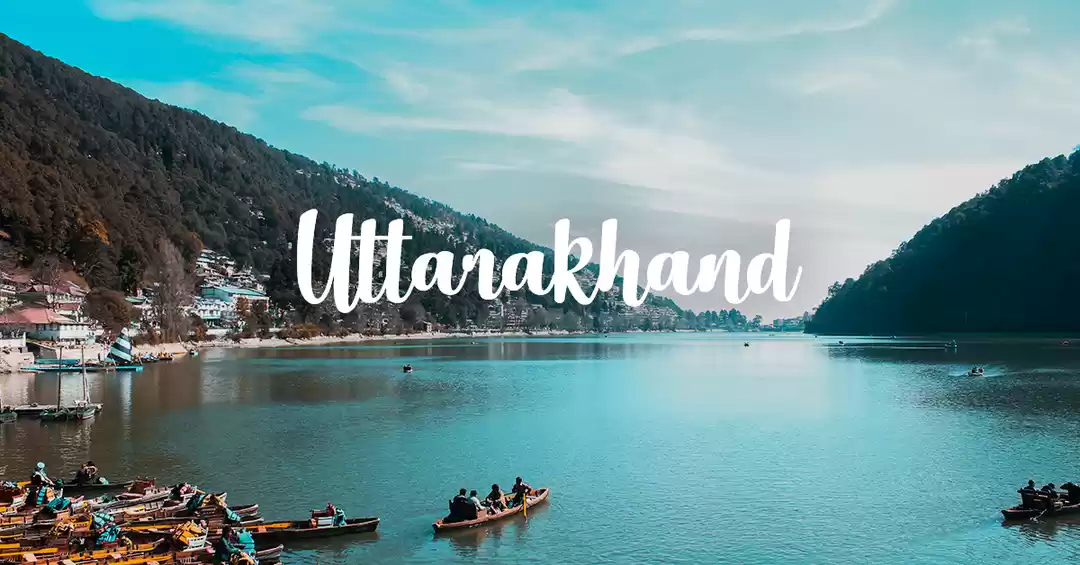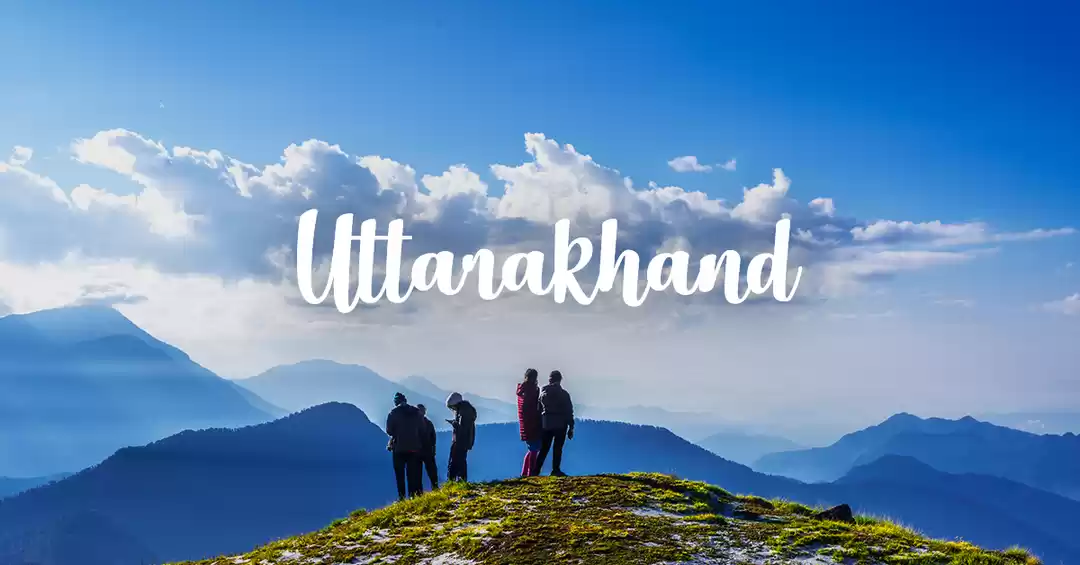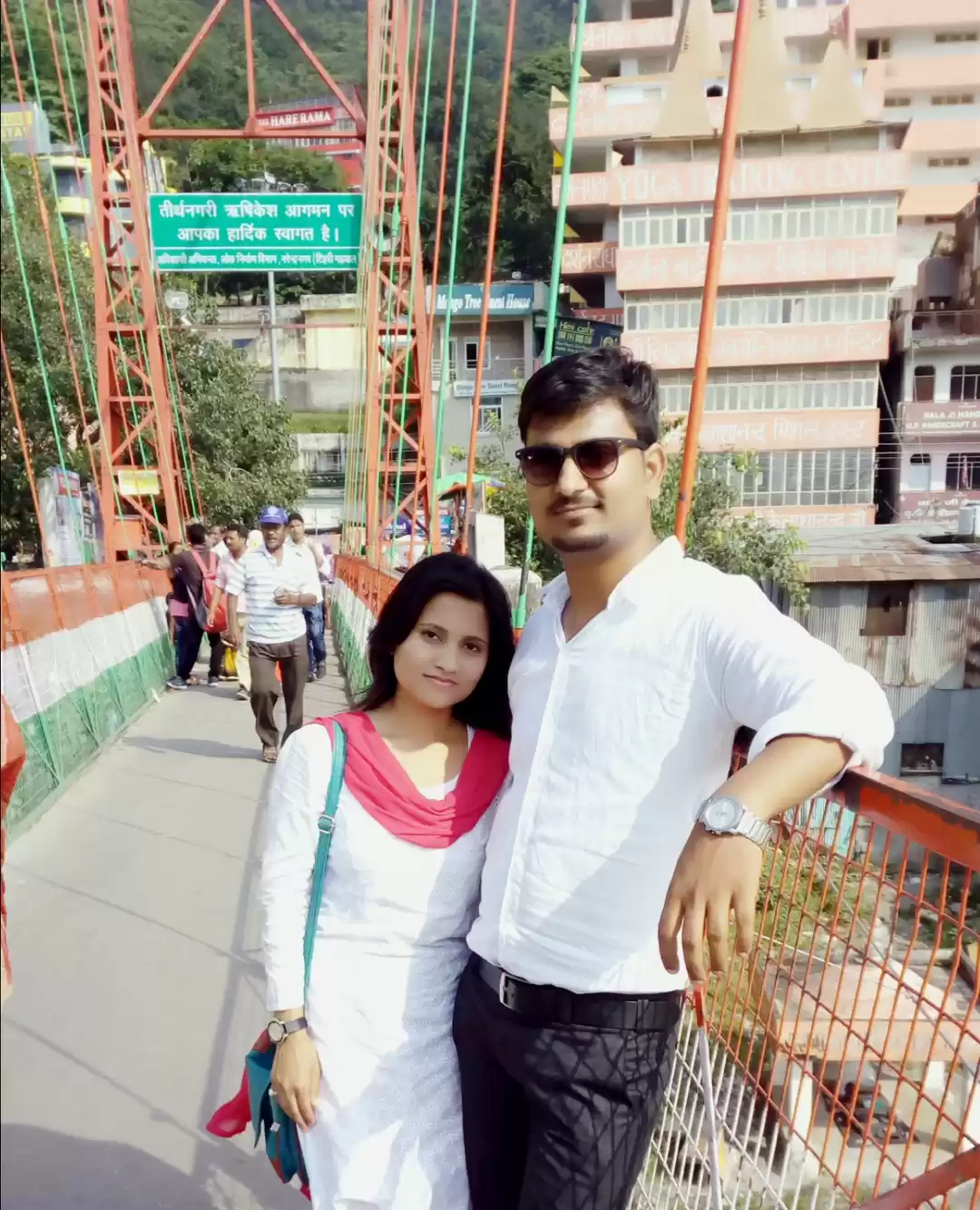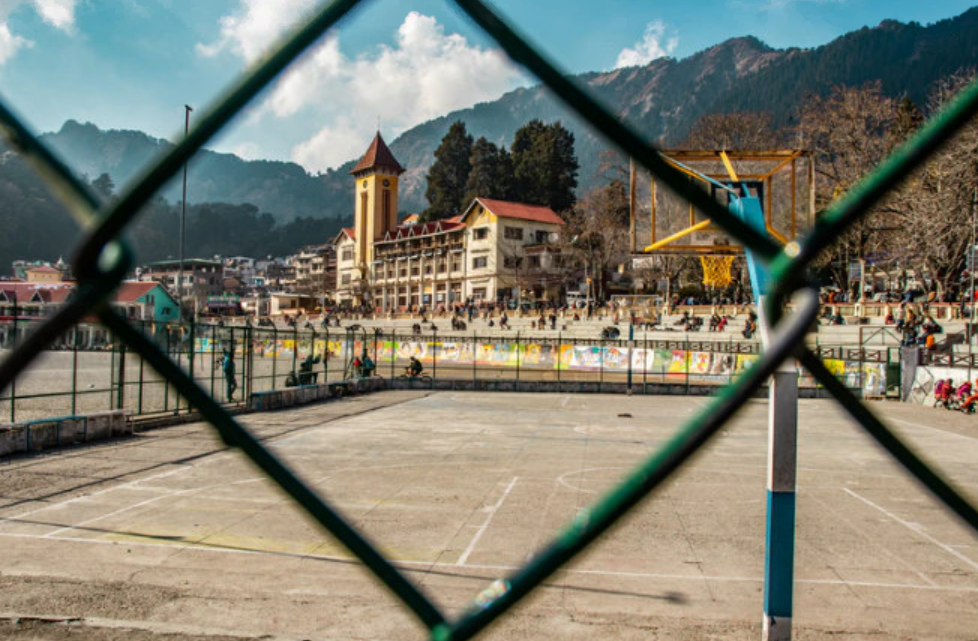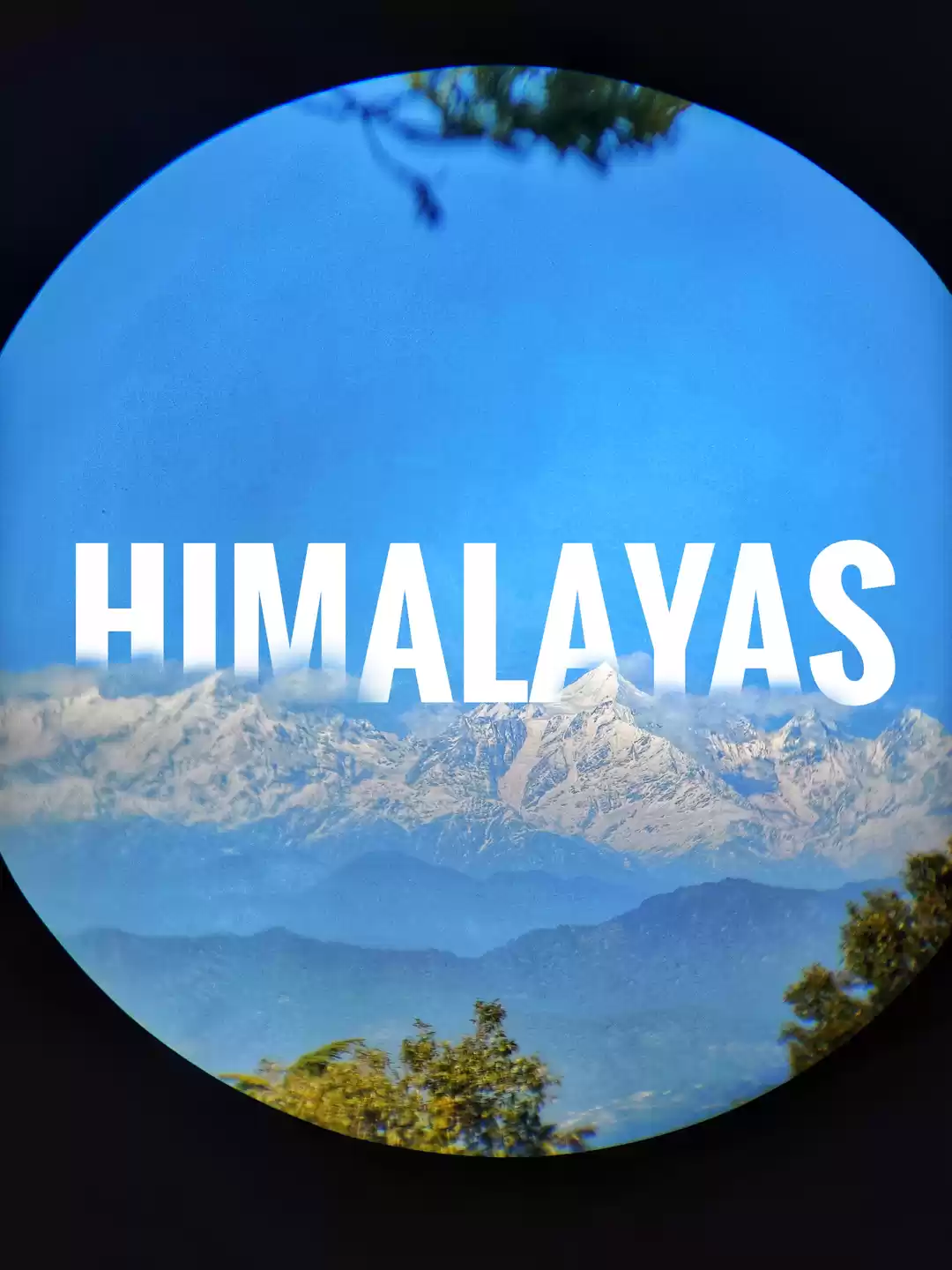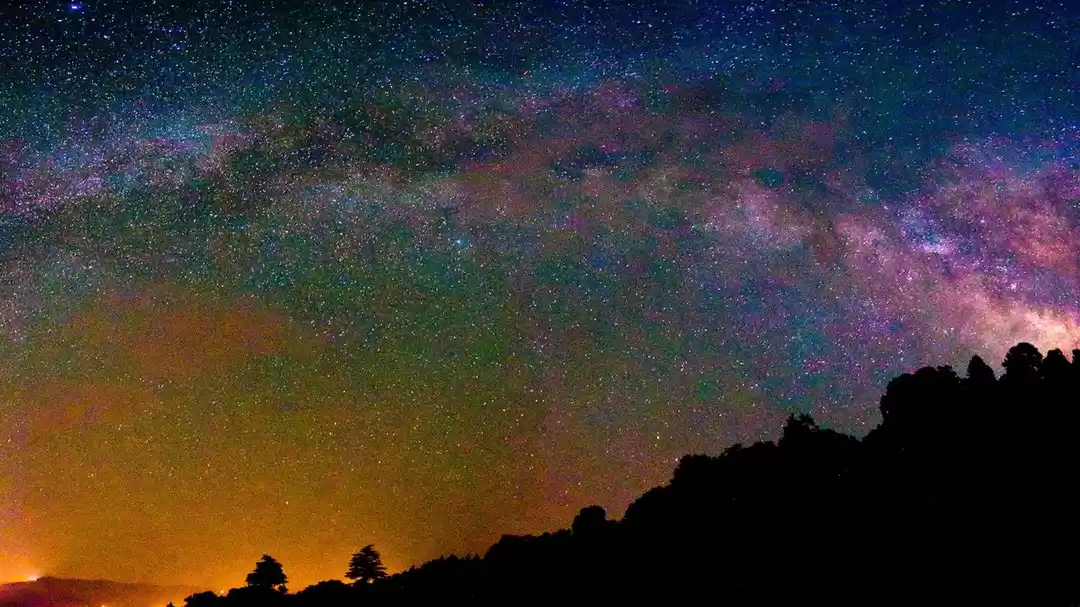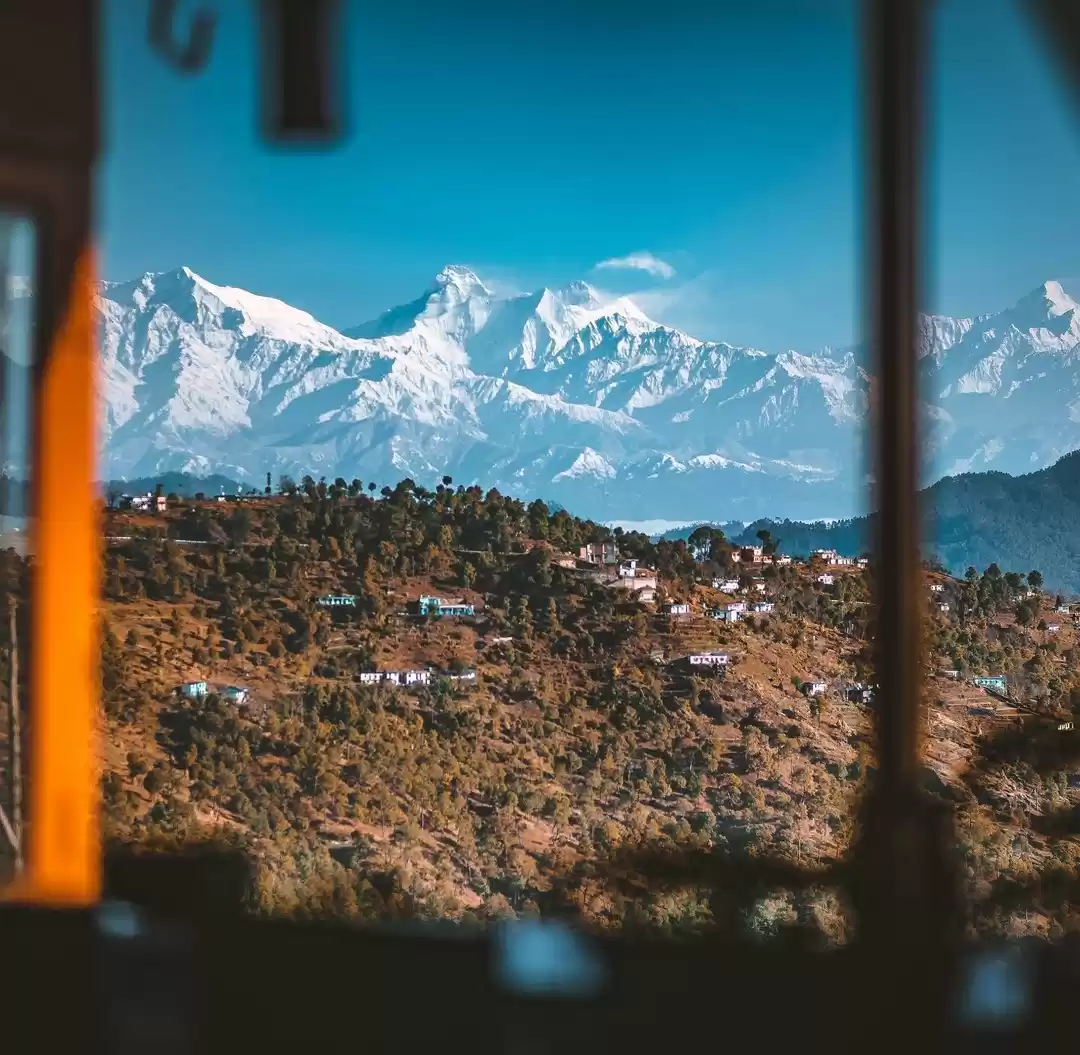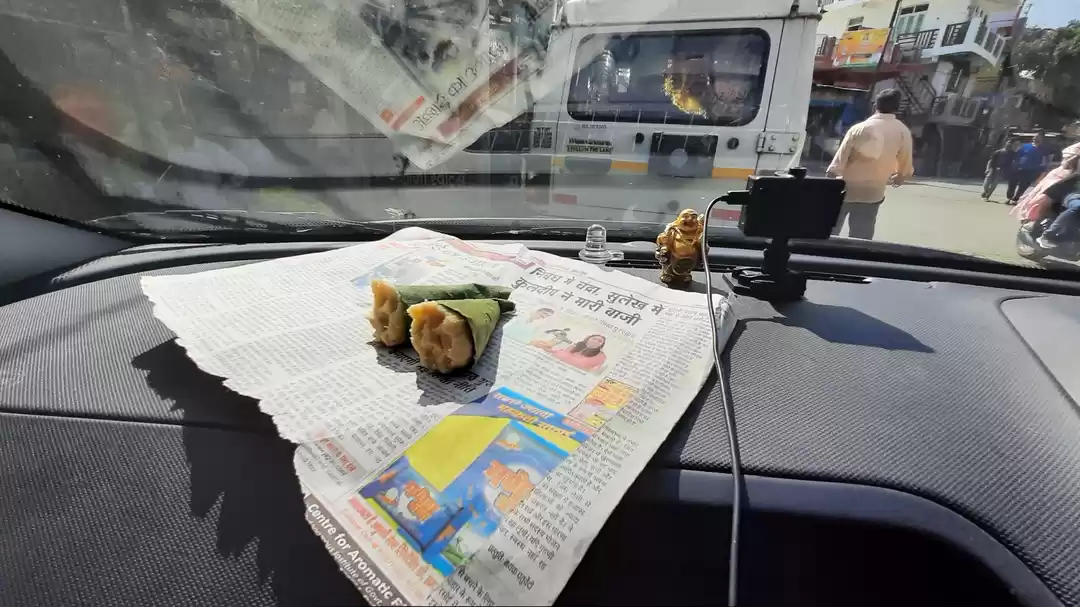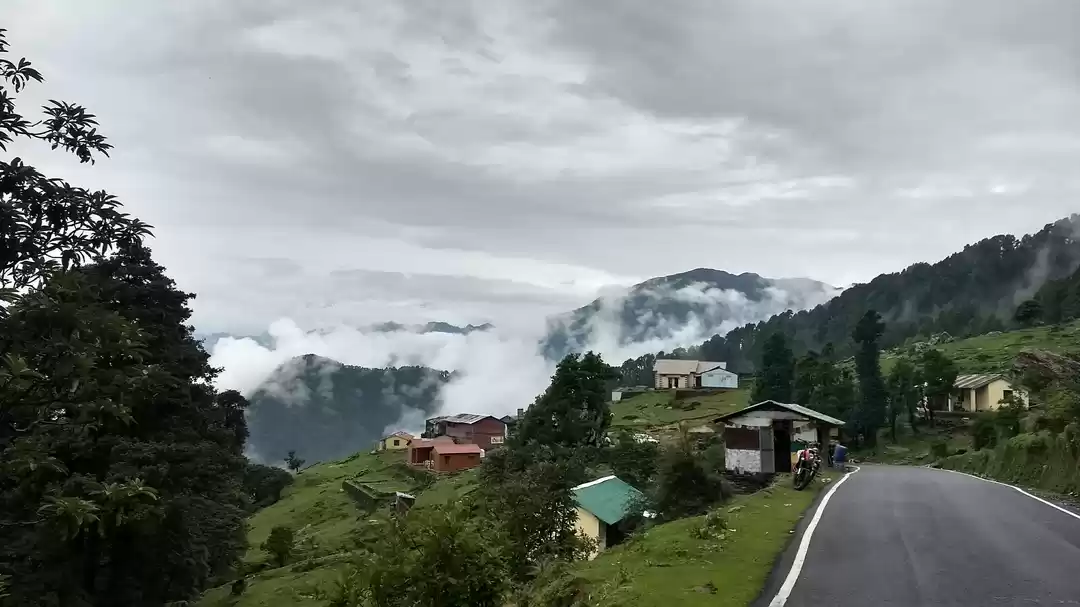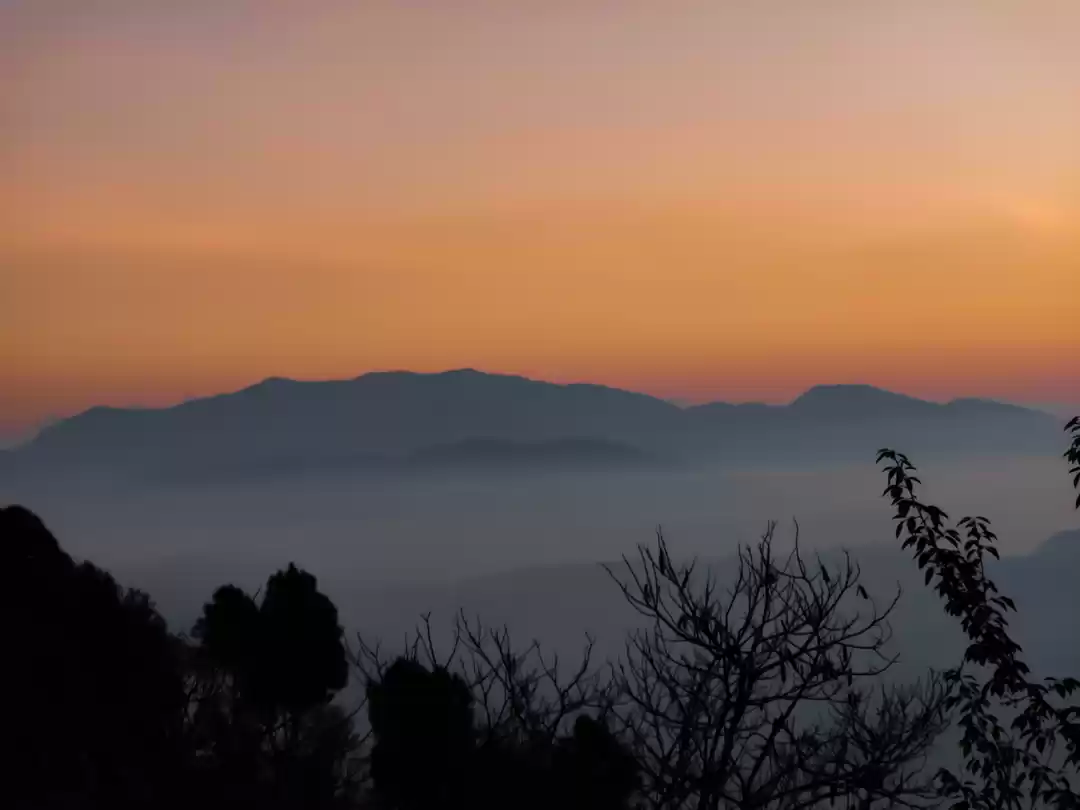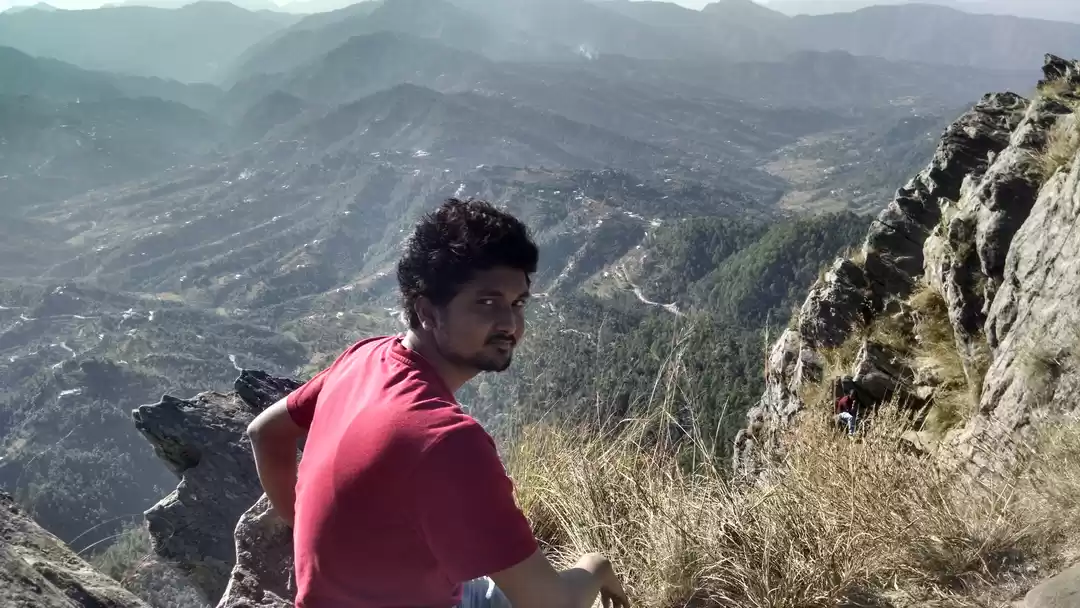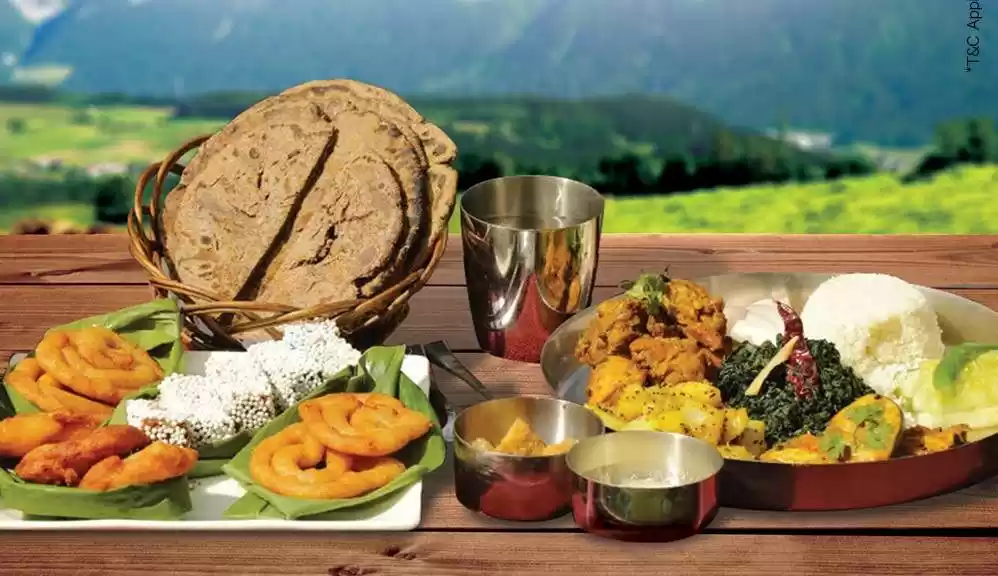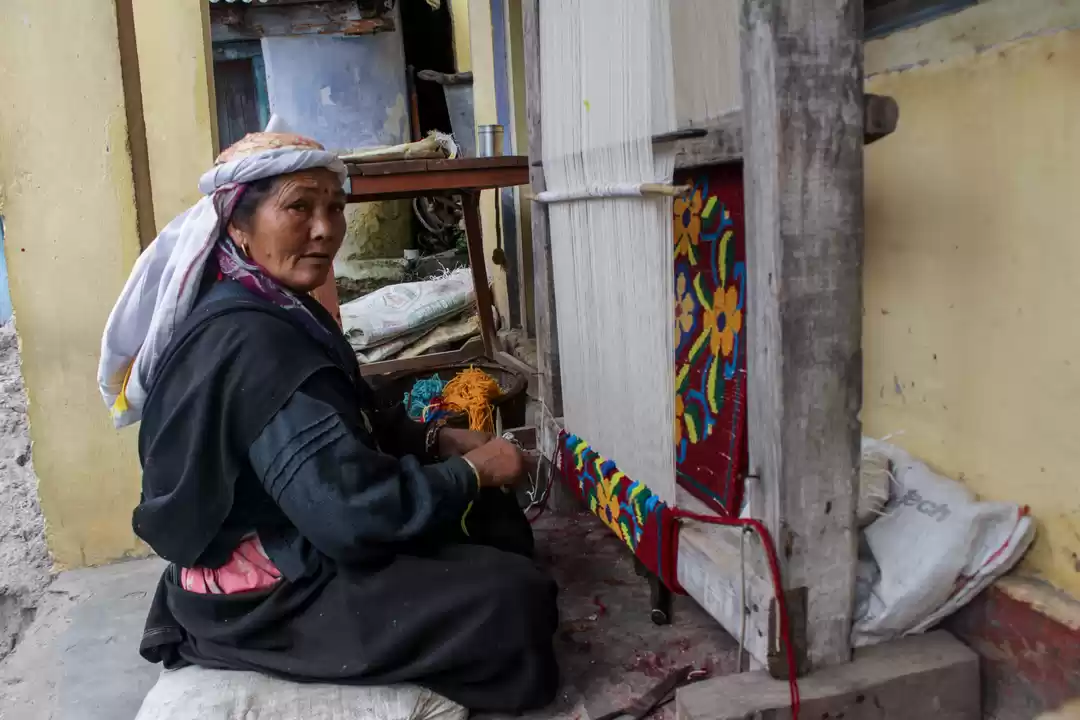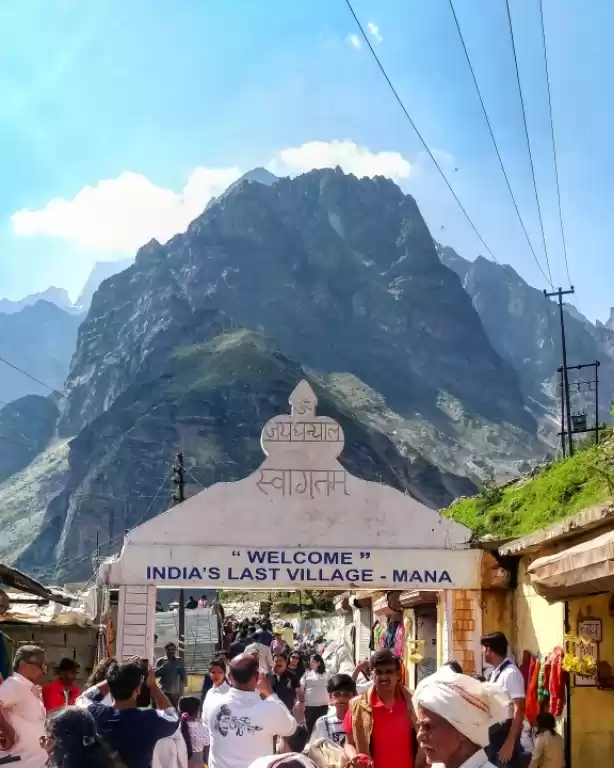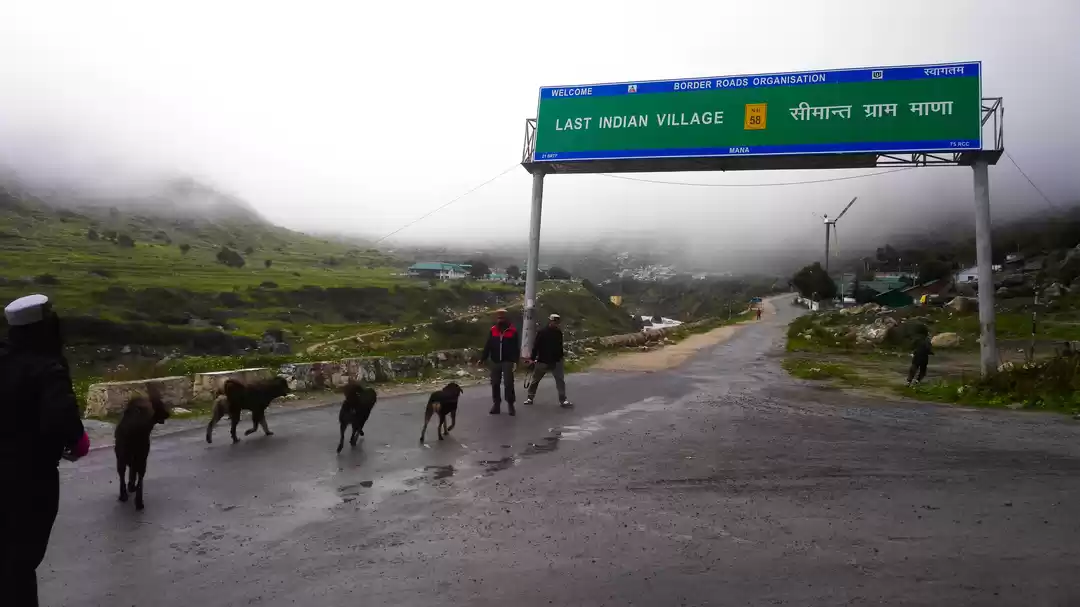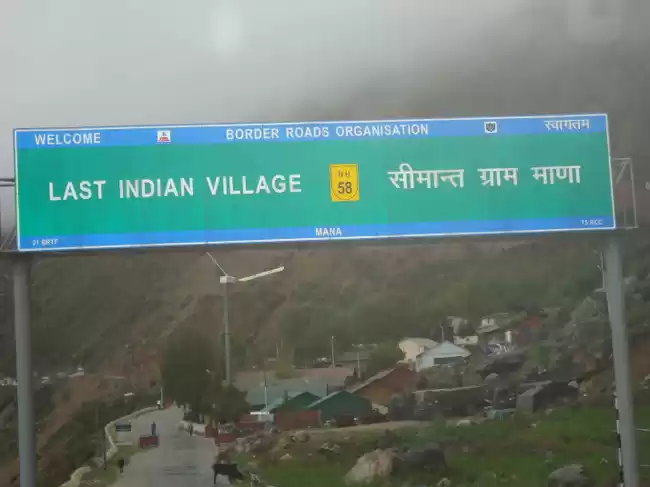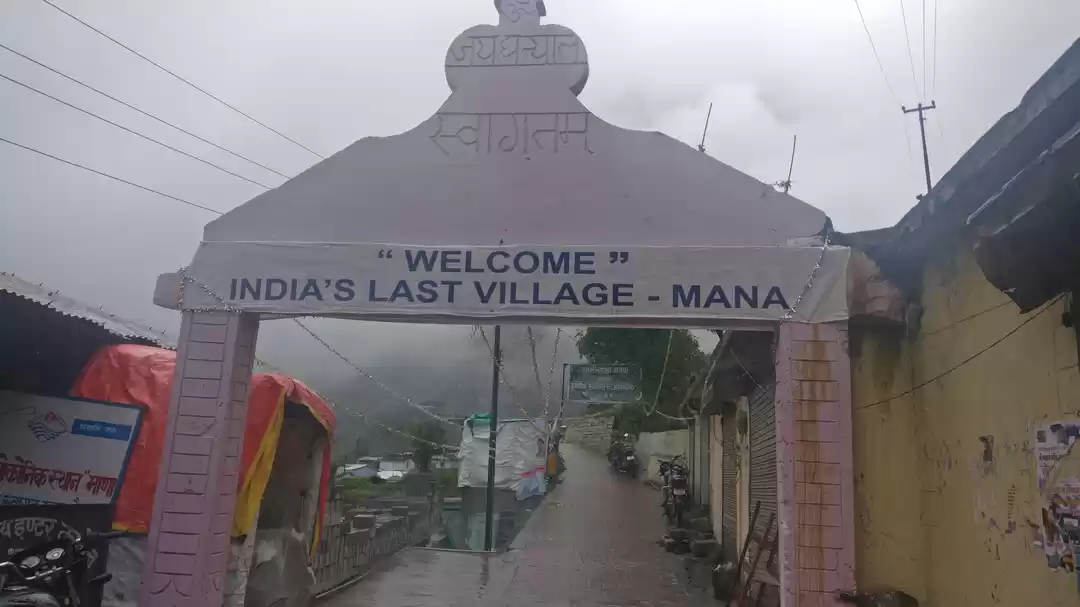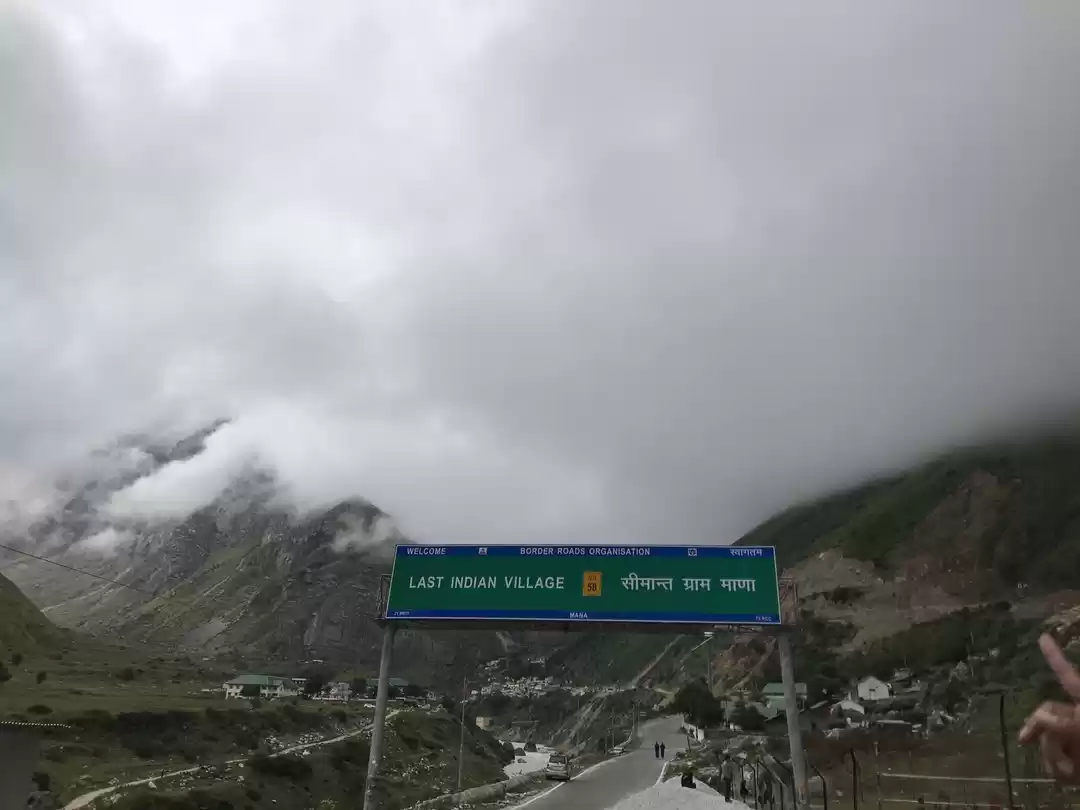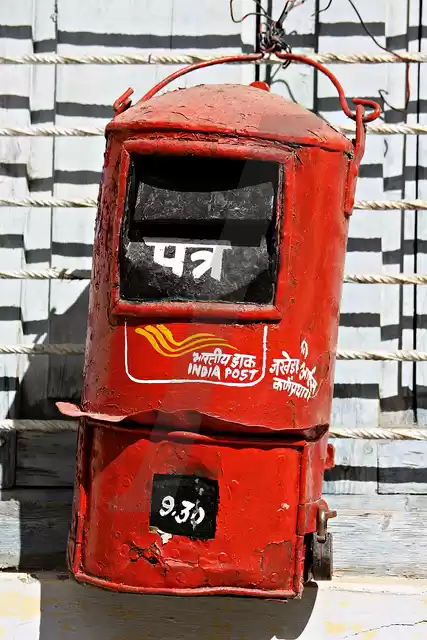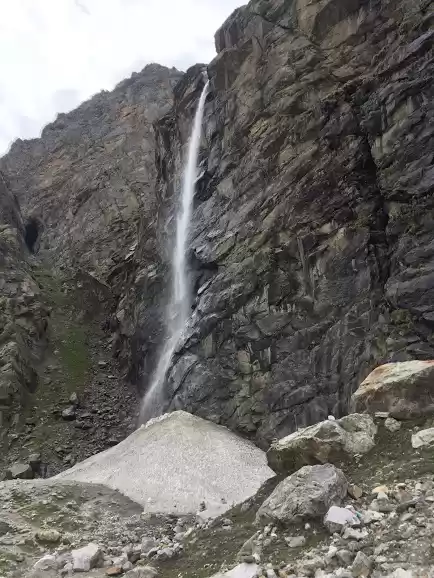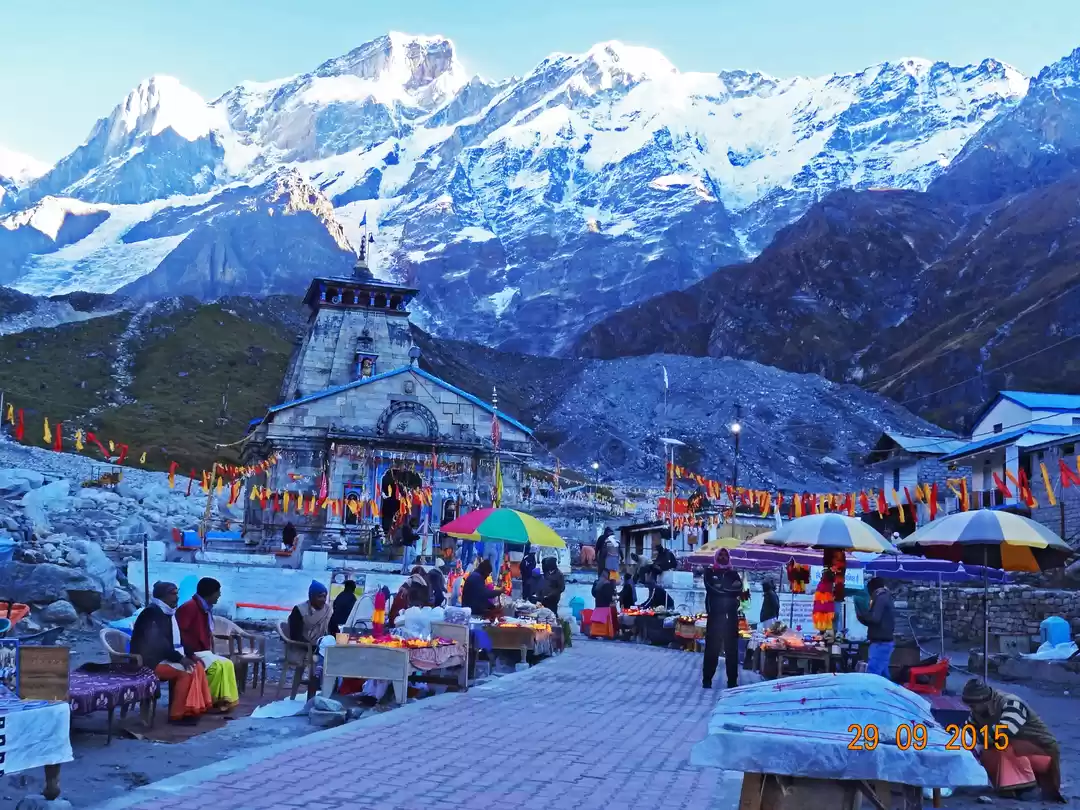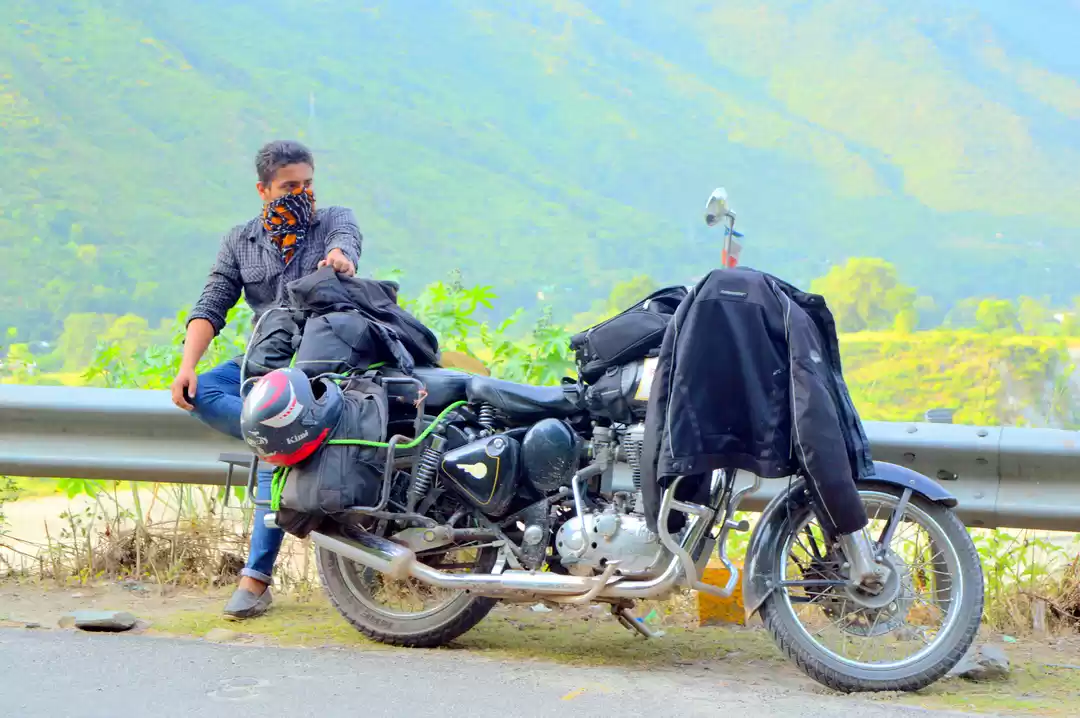The Valley of Flowers trek happened as per the schedule and to thank the lord for keeping us safe and hearty, a trip to Badrinath seemed to be the best thing to happen. Popular as one of the temples in the char dham yatra, Badrinath is one of the four most revered destinations for the Hindus across the world.

With Badrinath on the cards, how could I miss Mana village, the entry of the mortals to mythology. This small village has loads of mythological significance.

Better known as the last Indian village at the Indo Tibet border, Mana is a small village in Chamoli, Uttarakhand. A village stuck in time, it is covered with snow for more than 6 months during a year. As thick snow blankets this village, the scant population shift to the villages down to the lower areas near Gopeshwar. Parking the vehicles at the border, this village has to be explored by foot.

Crammed with with small traditional huts separated by narrow alleys, few concrete houses are coming up off late in this village. Most of the houses have small patches of land to grow vegetables – cauliflower etc.
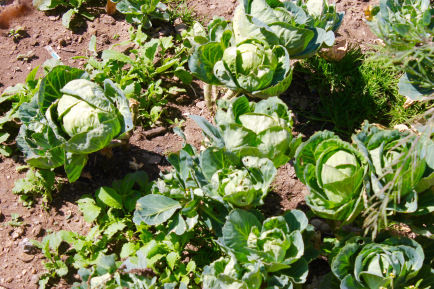
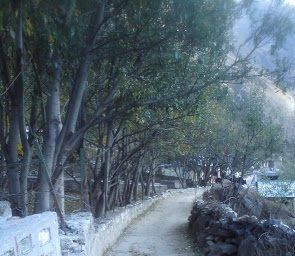
The inhabitants of this quaint village are the Bhotia community where the men could be seen doing odd jobs around while the women could be doing some household work, or weaving woolen stuff while. And these woven carpets or durries, shawls or headgears are done beautifully with intricate weaves and designs, each one a masterpiece in itself.

As the legend goes in the Mahabharata, Pandavas walked through Badrinath, Mana to reach Swargarohini- ascent to heaven. We walked the path of the Pandavas and true to the mention, we visited Bheempul meaning Bheem bridge, a stone forming a bridge to help Draupadi cross the turbulent Saraswati river.

Saraswati originating here is in full spate before it vanishes to emerge at Prayag - confluence of Ganga, Jamuna and Saraswati .

Saraswati joins Alaknanda here with so much gusto that the sound is deafening here. This confluence is called Keshav Prayag.


Near Bheem pul, one can find few shops claiming to be the last shop in India.

Vyas Gufa meaning Vyas cave is believed to be the place where Sage Vyas composed Mahabharata and dictated it to Lord Ganesha. The visitors offer prayers to the idol of Sage vyasa in the cave.

The exteriors of the rock cave have the thin slabs of rock one on top of the other symbolizing the palm leave of the holy composition Mahabharata.

Located close to the Vyas Gufa is the Ganesha Gufa. When Sage Vyasa requested Lord Ganesha to write the Mahabharata, he had agreed on one condition that Sage Vyasa would not stop dictating. As Sage Vyasa kept composing, Lord Ganesha’s reed pen broke. Bound to his own condition, Ganesha could not stop writing, breaking his own tusk to use as a pen he continued writing the epic. That explains the reason of Lord Ganesha with the broken tusk.


The other places nearby Mana are the Vasudhara falls, Satopanth lake.



